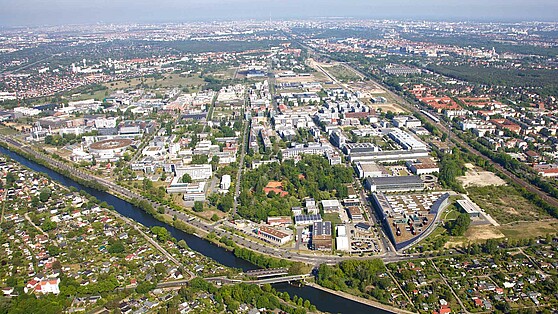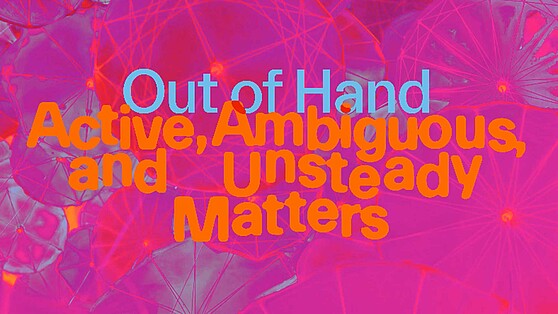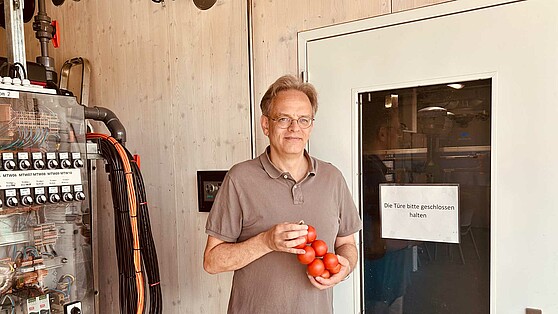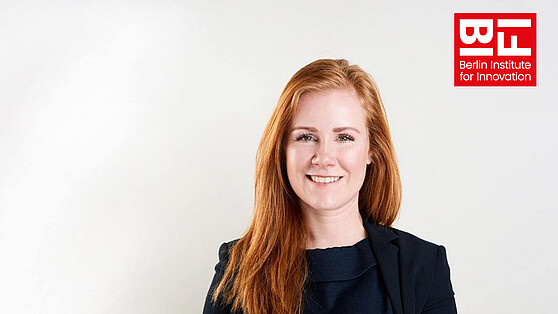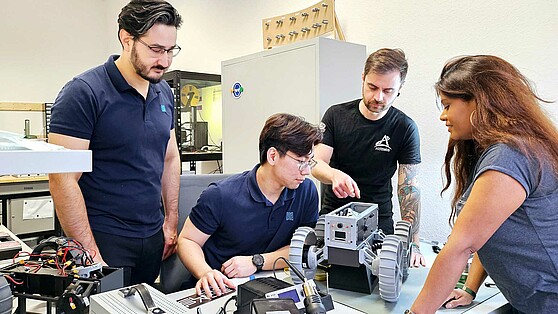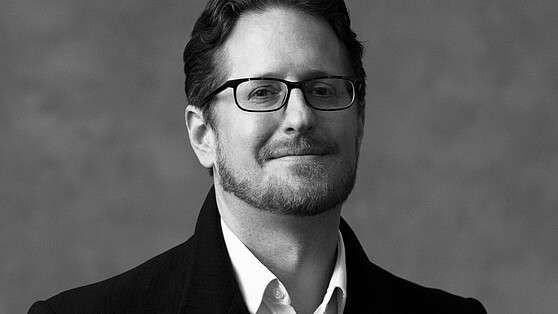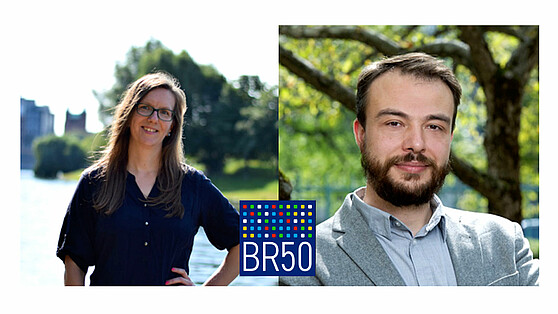-
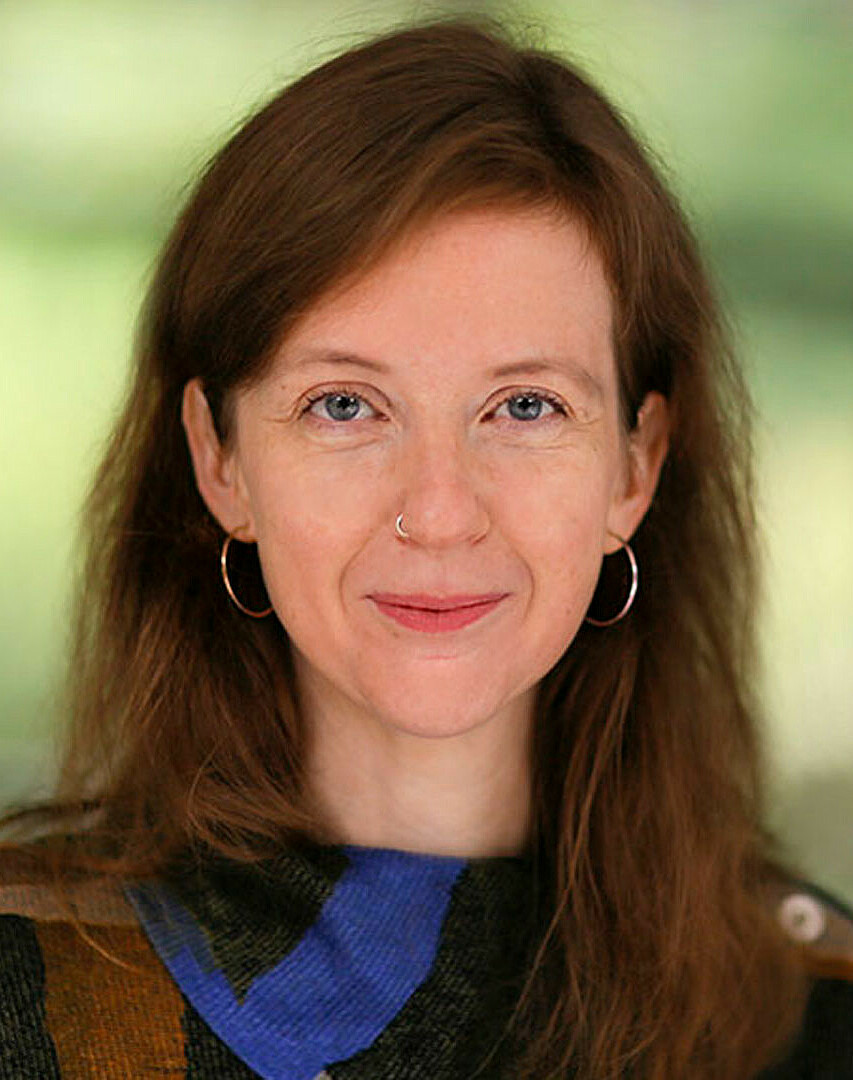
© Jens Freudenberg
12.08.2025Beyond Needs Assessments – Co-Creation as a User-Centered Development Paradigm
The Katholische Hochschule für Sozialwesen Berlin (Catholic University of Applied Sciences for Social Work Berlin, KHSB) served as a key partner in CoCre-HIT. The project systematically explored and evaluated participatory methodologies in the development of hybrid interaction technologies within the health and care sectors. The project’s outcome will culminate in the creation of an interdisciplinary compendium aimed at disseminating experiential knowledge on co-creation in these domains. Prof. Dr. Cordula Endter, Professor of Social Work in the Digitalised Society, directed KHSB’s involvement in CoCre-HIT. Representatives from the HealthCapital Berlin Brandenburg cluster engaged in a dialogue with her regarding the role of co-creation in technological innovation and the collaborative nature of the project.
The interview with Prof. Dr. Cordula Endter was originally published on healthcapital.de.
Professor Endter, your academic focus lies in “Social Work in the Digitalised Society,” with a strong emphasis on participatory research. Why is the participatory approach of such critical importance?
Digital transformation is frequently perceived by individuals as a top-down process - something imposed upon them rather than co-designed with them. Whether implementing new administrative software, introducing digital documentation systems in care facilities, or deploying social robots in dementia wards, successful integration requires not only financial resources, technical infrastructure, and operational competence, but also acceptance, commitment, and a willingness to engage with novel forms of human-technology interaction.
Moreover, it is essential to examine how such technologies reshape workflows and influence the professional identity of healthcare and social care practitioners. To address these complex questions, it is imperative to involve end users throughout the technological development process. Participation should not be confined to preliminary needs assessments or final usability studies; rather, it must be embedded across all phases of development. While this approach may initially appear resource-intensive, it yields long-term benefits by enhancing user alignment, fostering acceptance, and facilitating seamless integration into existing practices. Within my teaching at KHSB, I strive to sensitize future social workers to these dynamics and equip them with the methodological tools necessary for participatory engagement.
You served as project lead for KHSB in the BMBF (now BMFTR)-funded initiative “Co-Creation and Sustainable Participation in the Development of Hybrid Health IT” (CoCre-HIT). What were the project’s research objectives, and what insights were gained?
In collaboration with experts in co-creation, health sciences, gerontology, and nursing, the project investigated both the potential and the limitations of participatory and co-creative methodologies in the design of hybrid health technologies. CoCre-HIT encompassed both a service-oriented and a research-oriented component. Through an iterative support framework, the multidisciplinary consortium provided guidance and facilitated exchange across all research phases via participatory learning formats. Concurrently, the co-creative orientation of the projects was subject to empirical investigation.
The findings contributed to the development of a practice-theoretical framework, which was continuously refined through process-oriented evaluations of the co-creative formats employed in the collaborative projects. Initial results underscore that participatory technology development (PTD) necessitates time and mutual understanding to create reflective spaces—spaces in which practitioners can critically examine their own practices, power dynamics, and disciplinary cultures. PTD requires trust-building, as well as a robust methodological structure and systematic approach.
Technology companies and start-ups often face challenges in accessing potential users in the health and social care sectors. Professionals in these fields are frequently overburdened and have limited capacity to engage in research projects or surveys. What recommendations would you offer to such companies?
I would advise companies to proactively assess the availability of personnel and explore feasible modes of collaboration in advance. This entails direct engagement with relevant institutions. Equally important is the internal allocation of sufficient resources and personnel on the part of the company. Clear articulation of project requirements facilitates the recruitment of participants and enables institutions to arrange for temporary replacements during research activities.
Institutions should be engaged as equal partners. This includes offering appropriate compensation to co-researchers and creating space for their concerns and critical perspectives. Based on my experience, it is also beneficial to offer short, manageable timeframes for collaboration. The same principle applies to surveys—they should be concise, accessible online, and formulated in clear language. Fundamentally, the added value of participation—both for the research endeavor and for the practitioners’ own professional practice—should be clearly communicated.
How can the HealthCapital Berlin Brandenburg cluster management support your work and promote co-creation approaches in the region?
The most significant contribution lies in fostering networks among relevant stakeholders across diverse sectors and enhancing their visibility. This includes increasing the public profile of both completed and ongoing projects. We are therefore particularly pleased to present our project outcomes in the HealthCapital newsletter. I believe that showcasing co-creation approaches and successful case studies reinforces their perceived relevance.
To further disseminate co-creation methodologies, it would be advantageous to establish concrete, potentially digital, public access points for interested parties, as well as opportunities to experiment with co-creation outside the confines of funded research projects. The cluster could serve as a platform for initiating such discussions and supporting corresponding initiatives.
Key findings from the CoCre-HIT project will be compiled into a compendium and made available to the professional community. When and where will this compendium be accessible?
The compendium is scheduled for release on August 1, 2025. From that date, members of the community will also be invited to contribute stories based on a structured guide, which will be incorporated into the compendium.
About the Interviewee:
Prof. Dr. Cordula Endter is a psychologist with a doctorate in European Ethnology. She holds the position of Professor of Social Work in the Digitalised Society at the Catholic University of Applied Sciences Berlin. Her research and teaching focus on digital transformation in health and care, digital inclusion and exclusion, and participatory technology development.
- Cordula Endter at KHSB Berlin (German only)
- CoCre-HIT Co-Creation in der digitalen Gesundheit (German only)
- Cluster HealthCapital Berlin Brandenburg
